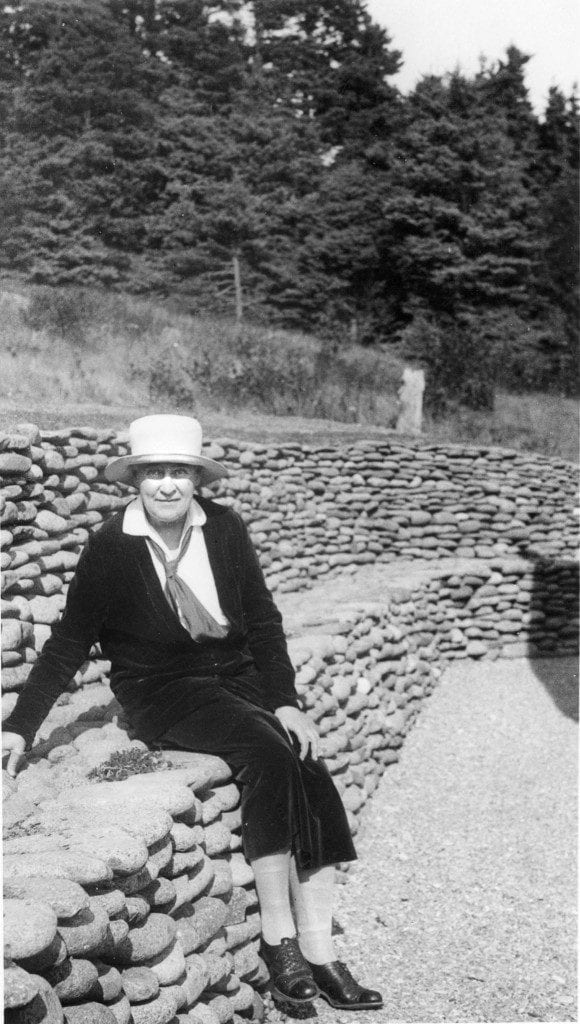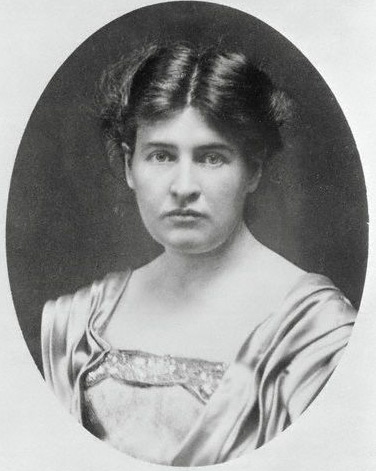

He falls victim to the illusions that he has about his early experiences on the prairie and his close friendship to the Bohemian settler Ántonia Shimerda. My Ántonia is an elegiac novel composed of Jim Burden’s nostalgic childhood memories. But the price that she comes to pay for her material success is emotional failure and personal loss. As the daughter of a Swedish immigrant family, Alexandra Bergson succeeds in farming the Nebraska soil and asserts herself against her social environment. The epic novel O Pioneers! unfolds the heroic life of a female pioneer. Her main concerns are the personal costs concomitant with the pioneer’s victory, the social limitations and cultural inhibitions existent on the agricultural frontier, and the danger and damage inherent in myths about a glorious past. Her artistic imagination turns to aspects usually left out from celebrations of the frontier experience in the rural West. As a rule, the novelist presents pioneer characters against a Nebraska background and places them at the centre of collective and private conflicts. Their stories reflect her creative use of the popular myth of the frontier and the literary figure of the pioneer. These three novels illustrate her adaptation of the pioneering theme to the Great Plains region and reveal her preoccupation with history, memory, and identity on a national, regional, and individual scale. Often regarded as among the best imaginative accounts of frontier life in American letters, O Pioneers! (1913), My Ántonia (1918), and A Lost Lady (1923) demonstrate Cather’s poetic responses to the prairie West. Willa Cather (1873–1947) made her contribution to it in literature. As one of the three mythic regions, the pioneer’s West forms an integral part of America’s identity today.

The effects of the frontier heritage are still strongly felt in American society and culture.

The pioneer age had a great influence on American history and its spirit was a vital factor in the formation of the national character. Their efforts at cultivating the virgin land helped to transform the prairie region into an agricultural empire. By settling the country those people brought civilization to the wilderness. Millions of pioneers – male and female, young and old, native and foreign–born – were pouring into the Great West. For almost three hundred years the westward expansion determined the nation’s thought and action. It is the latter which covers a genuinely American experience. PrefaceĪmerica’s collective memory rests on mythic regions: the planter’s South, the Puritan’s East, and the pioneer’s West.

Illustration not visible in this excerpt 1.


 0 kommentar(er)
0 kommentar(er)
